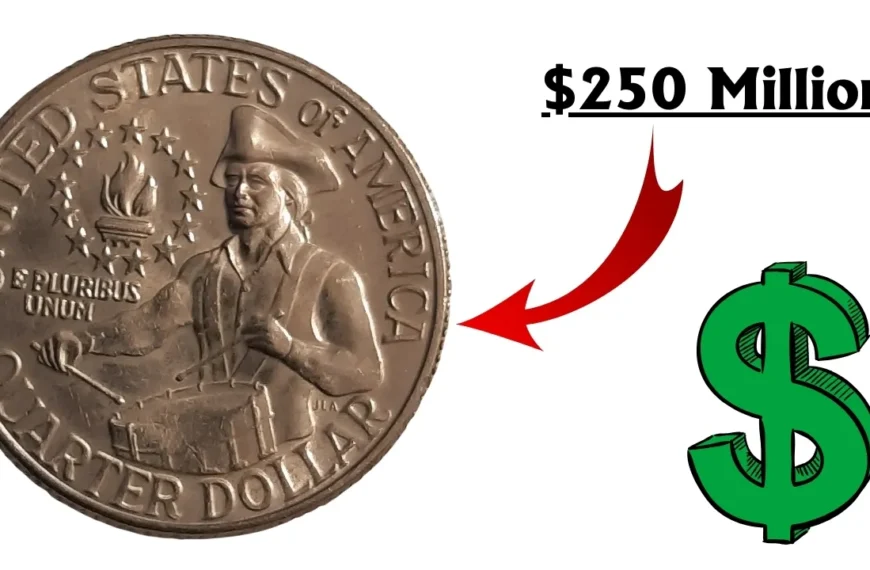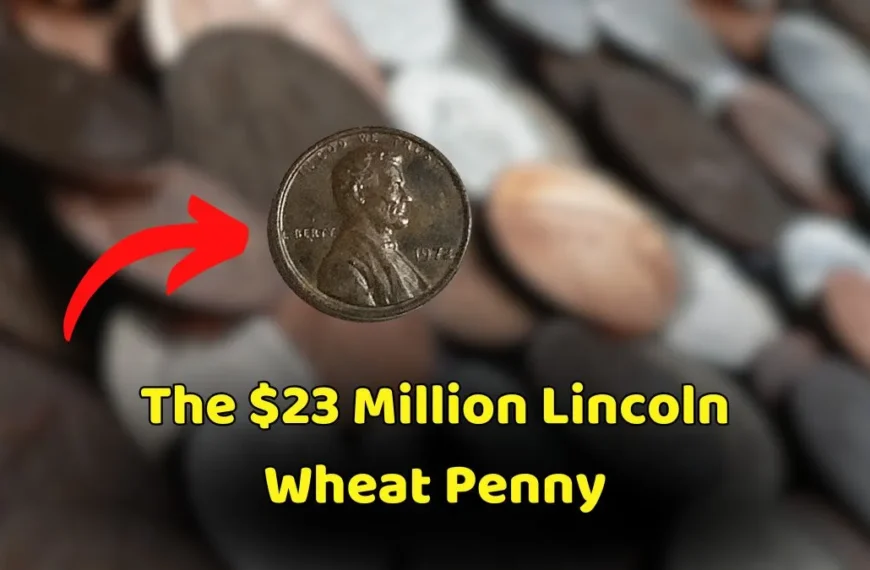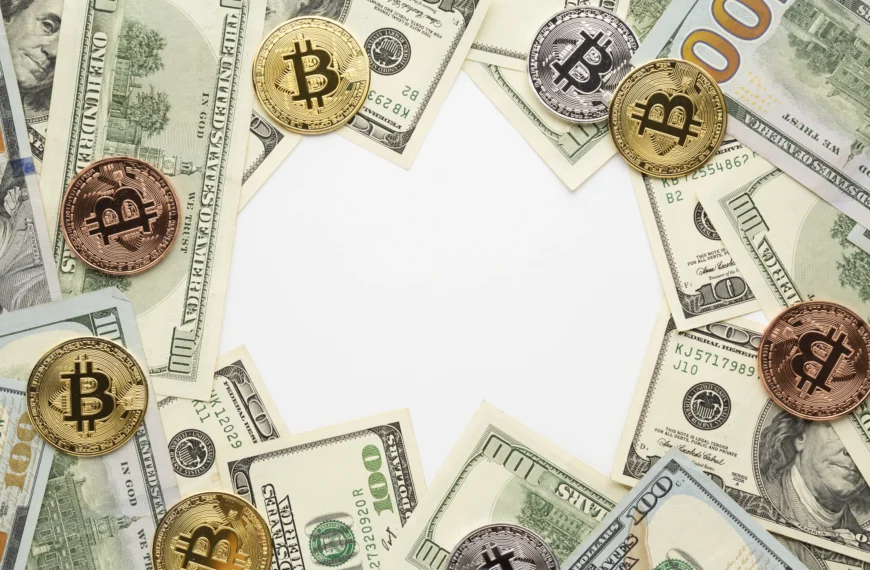Imagine a world where your state taxes aren’t just funding highways and public schools but are also mooning in value thanks to a well-timed Bitcoin investment. Sounds futuristic? Well, several U.S. states seem to think it’s a reality worth betting on.
Since Trump’s re-election, crypto has found itself back in the political spotlight, with discussions of a national Bitcoin reserve gaining traction. If that weren’t enough, some states are skipping the federal waiting game and diving headfirst into Bitcoin as part of their financial strategy.
Is this a genius hedge against inflation or just another way for bureaucrats to YOLO taxpayer money into volatile markets? Let’s break it down.
The States Leading the Bitcoin Reserve Movement
Not every state is ready to go full “Bitcoin standard”, but some are more adventurous than others. Here are the frontrunners:
Texas: The Lone Star Crypto Stronghold
Texas isn’t just about cowboy hats and BBQ—it’s quickly becoming a crypto powerhouse. The state has proposed holding Bitcoin in cold storage for at least five years, making it a long-term bet rather than a short-term gamble. Given Texas’ love for independence, it’s no surprise they want to hold their own BTC rather than rely on federal policies.
Pennsylvania & Ohio: Big Money Moves
Pennsylvania is taking a bold approach, proposing to invest up to 10% of its General Fund—potentially $1 billion—in Bitcoin. Ohio, on the other hand, is looking at BTC as a hedge against inflation, hoping it will provide stability when the dollar inevitably does its dance with depreciation.
Wyoming, New Hampshire & Others
Wyoming has long been a crypto-friendly state, with plans to allocate 3% of public funds to Bitcoin investments. Meanwhile, New Hampshire, Massachusetts, Oklahoma, Utah, and Illinois are all considering various forms of Bitcoin reserves, with some capping investments at 10% of available funds.
Perhaps the most unique approach? Maryland wants to use funds seized from gambling violations to buy Bitcoin. Turning vice into virtue? Now that’s innovation.
Why Bitcoin? The Financial & Political Play
So, why are states making these bold moves? Here are the key factors:
Inflation Hedge or Speculative Gamble?
With inflation eating away at fiat currency, Bitcoin is often seen as “digital gold”—a way to store value without relying on central banks. States investing in BTC argue it’s a hedge against the declining purchasing power of the U.S. dollar. But, given Bitcoin’s famous price swings, this hedge could just as easily turn into a rollercoaster ride for state finances.
Diversification: Beyond Traditional Assets
State treasuries typically invest in bonds, equities, and real estate, but Bitcoin offers a new level of diversification. Some argue that holding a small percentage in BTC could enhance long-term portfolio performance—assuming, of course, that Bitcoin continues its upward trajectory.
Also Read: Is Bitcoin the New Gold? The Answer Lies in Trump’s Economic Plan
The Political Factor: Bitcoin & Policy Shifts
With Trump’s re-election, crypto has gained more support at the federal level. States run by pro-Bitcoin politicians see this as the perfect opportunity to align their financial strategies with a potential national Bitcoin reserve policy.
But let’s be real—some politicians just love riding the latest trend. Crypto is hot, and no lawmaker wants to look outdated by dismissing it entirely.
Risks & Challenges: Can Bitcoin Work for State Funds?
While Bitcoin’s potential is undeniable, there are serious risks that come with using taxpayer money to buy an asset that can swing 10% in a single day.
Market Volatility: High Risk, High Reward
One day Bitcoin is pushing $100K, the next it’s dipping 30%. Unlike traditional assets, BTC operates in a wild, unpredictable market. Can state treasuries, which are expected to prioritize financial stability, handle that level of risk?
Regulatory & Legal Roadblocks
Bitcoin operates in a constantly shifting regulatory landscape. If federal regulators tighten the screws on Bitcoin holdings, states could find themselves in legal gray areas—or worse, forced to sell at a loss.
Public Perception: Smart Investment or Reckless Gamble?
Taxpayers might not be thrilled about their money being used to HODL Bitcoin. While some see it as a smart, forward-thinking strategy, others may view it as reckless speculation, especially during bear markets.
If Bitcoin holdings soar in value, state officials will look like financial geniuses. If BTC crashes? Well, they might want to start updating their résumés.
The Future: Could Bitcoin Become a Standard Reserve Asset?
The big question: Will more states follow?
If Texas and Pennsylvania see major gains from their Bitcoin reserves, expect a domino effect. More states could start integrating BTC into their treasuries, leading to wider institutional adoption.
However, if these early adopters take a financial hit, Bitcoin as a state asset might remain a niche strategy rather than a nationwide movement.
Some speculate that if enough states hold BTC, the federal government may follow suit—potentially leading to a U.S. national Bitcoin reserve. Whether that’s a genius move or the beginning of the most volatile financial experiment in U.S. history remains to be seen.
Conclusion: Smart Move or Risky Bet?
The idea of states holding Bitcoin is either a revolutionary shift in financial strategy or a high-stakes gamble that could backfire spectacularly.
- If Bitcoin continues to rise in value, these early adopters will set the standard for financial innovation.
- If Bitcoin crashes, state treasuries could take serious financial hits, leading to public backlash.
At the end of the day, this isn’t just about crypto—it’s about how governments adapt to a rapidly changing financial landscape. One thing’s for sure: 2025 will be a defining year for Bitcoin in state finances. Whether this turns out to be a success story or a cautionary tale? Well, that depends on Bitcoin’s next move
















